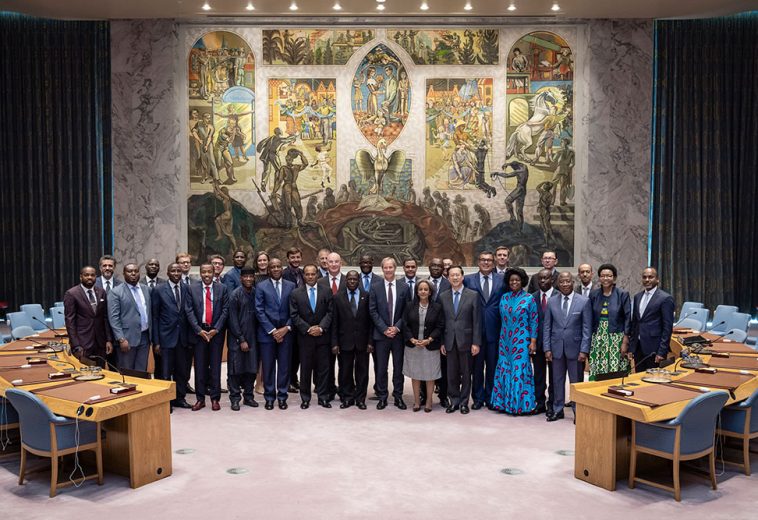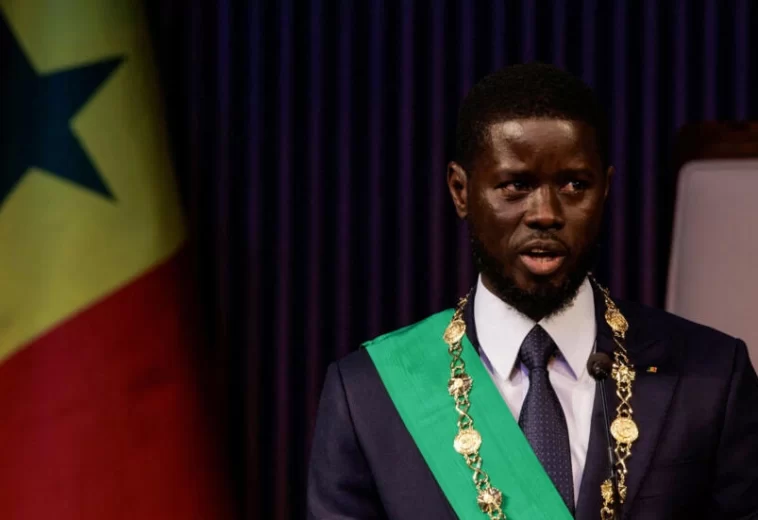Egypt’s recent economic trajectory has been one of remarkable transformation. After a period of stagnation and vulnerability, the country has witnessed a surge in growth, bolstered by a strategic partnership with the International Monetary Fund (IMF). This article explores the intricate link between Egypt’s economic upswing and the IMF’s crucial support, using recent examples to illustrate the program’s impact.
Before 2016, Egypt’s economy grappled with significant challenges. A rigid exchange rate system stifled exports, leading to a scarcity of foreign currency. This, coupled with a high budget deficit and unsustainable levels of public debt, created a precarious economic environment.
The ramifications were widespread. Businesses struggled to access necessary foreign exchange, hindering their ability to import raw materials and compete internationally. Inflation soared, eroding the purchasing power of ordinary Egyptians. The lack of investor confidence further hampered growth prospects.
Recognizing the urgency of reform, Egypt embarked on a bold economic transformation program in collaboration with the IMF. In 2016, a $12 billion Extended Fund Facility (EFF) was approved, marking the cornerstone of this partnership.
The program focused on four key pillars:
Exchange Rate Flexibility: A shift from a fixed to a more flexible exchange rate system allowed the Egyptian pound to adjust to market forces. This made Egyptian exports more competitive and attracted foreign investment.
Fiscal Consolidation: The government implemented measures to reduce the budget deficit through a combination of expenditure control and tax reforms. This enhanced fiscal discipline and improved public debt sustainability.
Structural Reforms: Critical reforms aimed at streamlining bureaucracy, fostering competition, and improving the business climate were undertaken. These reforms created a more conducive environment for private sector growth.
Social Safety Nets: Recognizing the potential impact of reforms on vulnerable populations, the program incorporated targeted social safety nets to mitigate hardships.
However, the impact of the IMF-supported program has been multi-faceted, fostering positive developments across various economic indicators:
Growth Acceleration: Egypt’s economic growth has seen a significant boost. Since the program’s inception, GDP growth rates have steadily risen, reaching a pre-pandemic high of 5.6% in 2019 [IMF, A Path Forward for Economic Prosperity]. This growth translates to increased job creation and improved living standards for Egyptians.
Foreign Exchange Reserves: A critical challenge prior to the reforms, Egypt’s foreign exchange reserves have experienced a remarkable turnaround. From a precarious low, reserves have risen significantly, providing a buffer against external shocks and bolstering investor confidence.
Increased Exports: The shift to a flexible exchange rate has made Egyptian exports more competitive. This is evident in the rise of exports of agricultural products, textiles, and manufactured goods, diversifying the Egyptian economy and boosting export earnings.
Return of Investment: The improved economic climate and enacted reforms have attracted foreign direct investment (FDI). Recent examples include a significant investment deal with the United Arab Emirates, signaling growing investor confidence in the Egyptian market.
Egypt’s economic journey serves as a compelling case study for the transformative power of well-designed economic reforms coupled with international support. The IMF program has provided a crucial framework for fostering stability, attracting investment, and promoting inclusive growth.
As Egypt faces upcoming challenges, maintaining steadfast dedication to robust economic strategies and strategic alliances such as the IMF partnership will play a pivotal role in ensuring a stable and thriving future for the country.


